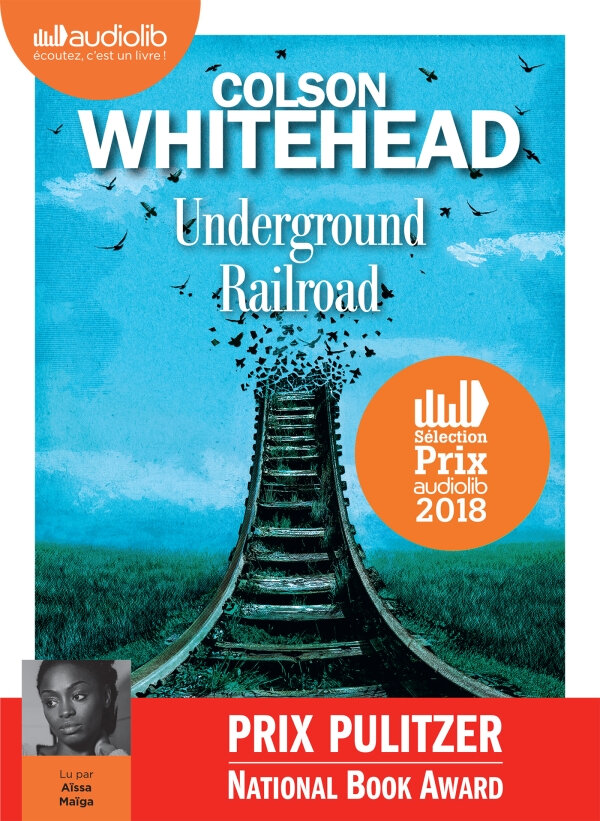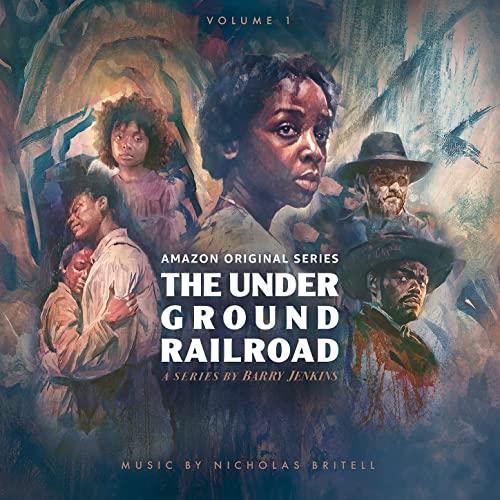
It will be no surprise to learn she uncovers darker revelations there, as well.

But Cora also works in a museum that seems like a living zoo, where white people gather to watch her recreate her past life as a slave picking cotton inside a glass-windowed display case. In one South Carolina city, Black people are allowed to attend schools, taught to read by white teachers. Accepting that the train track, locomotives, conductors and station stops are real for the characters focuses your mind on the meaning of their travels more than the circumstances of their escape, allowing the gauntlet of travails Cora faces to serve as pungent examples of larger ideas.Īnd make no mistake: The litany of nightmares Cora endures while travelling north is a onslaught of Black pain. Movie Interviews Jenkins' 'The Underground Railroad,' Balances Beautiful Images With Brutalityīut when Cora and another slave - the blue-eyed, stalwart Caesar (Aaron Pierre) - make it to the underground railroad, they find it actually is a railroad: a winding set of tracks deep beneath the earth used to ferry Black people away from the horrors of the slave-owning South. But Jenkins' limited series for Amazon Prime Video adopts Whitehead's use of magical realism to conjure a tale rooted in painful authenticity, guided by poetic fantasy. On the surface, it's a story about an orphan slave, Cora Randall (Thuso Mbedu), who uses the underground railroad to escape a brutal, 19th century-era Georgia plantation. These depictions enable this talented Black director/producer/writer to tell an epic story about Black people - building a TV masterpiece in the process.

But, for me, The Underground Railroad mostly earns the right to deploy such terrible, emotionally devastating moments.

There has been a lot of discussion in pop culture circles about the depictions of Black pain in recent films and TV shows I'll engage that debate more fully later. (Warning: This column contains descriptions of racialized violence and discusses some plot points in The Underground Railroad series.)įor this Black TV critic, completing Barry Jenkins' ambitious, beautifully brutal, 10-episode adaptation of Colson Whitehead's The Underground Railroadwas an emotional journey that touched every nerve of what it feels like to be a person of color striving to matter in America. Barry Jenkins served as showrunner, executive producer, writer and director to the 10-part Amazon series, The Underground Railroad.


 0 kommentar(er)
0 kommentar(er)
